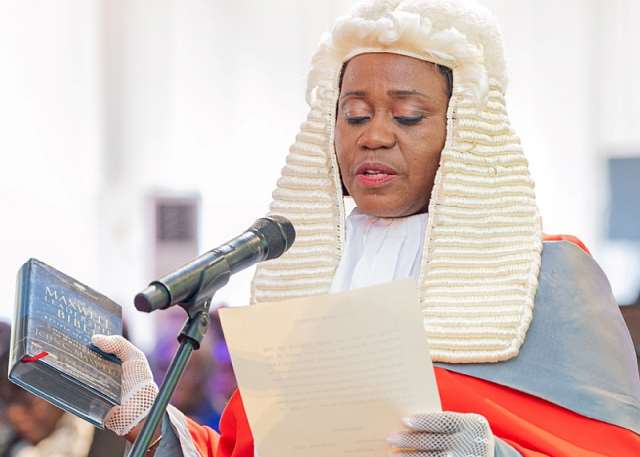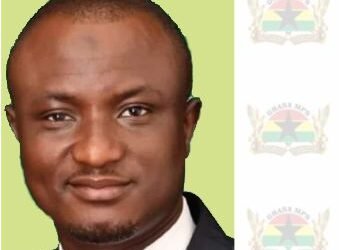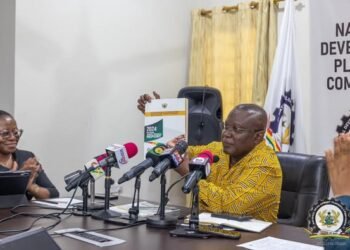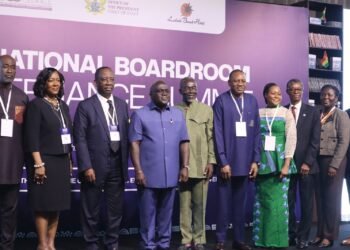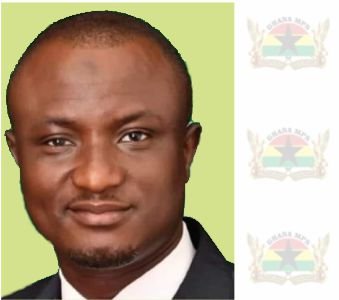President John Dramani Mahama has removed the Chief Justice, Her Ladyship Justice Gertrude Araba Esaaba Sackey Torkornoo, from office with immediate effect, in accordance with the provisions of the 1992 Constitution.
The announcement, issued on Monday, September 1, 2025, by the Presidency, follows the conclusion of proceedings initiated by a citizen’s petition against the country’s top judge.
The petition, submitted by Mr. Daniel Ofori, alleged acts of stated misbehaviour under Article 146(1) of the Constitution. In line with constitutional requirements, a committee was constituted under Article 146(6) to investigate the matter and report its findings.
After months of inquiry, the Committee presented its report to the President. The panel concluded that the allegations against Justice Torkornoo had been substantiated and therefore recommended her removal from office.
Acting under Article 146(9), which obliges the President to implement the recommendations of such a committee, President Mahama effected her removal.
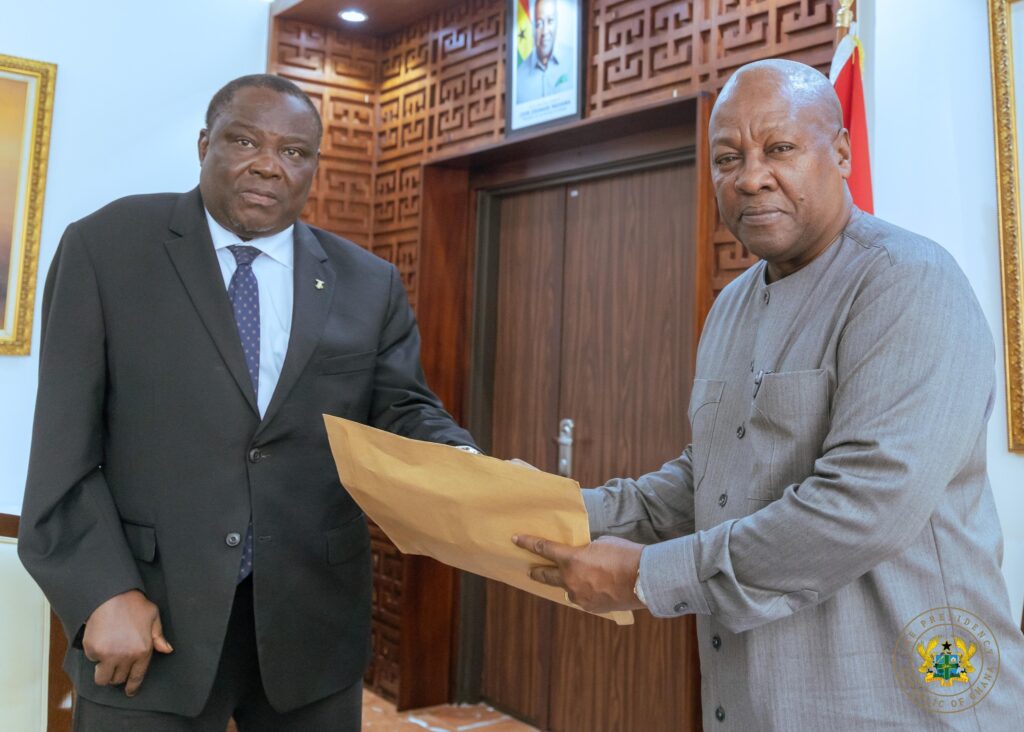
“The President of the Republic, in accordance with Article 146(9) of the 1992 Constitution, has removed the Chief Justice, Her Ladyship Justice Gertrude Araba Esaaba Sackey Torkornoo, from office with immediate effect.”
Spokesperson to the President and Minister for Government Communications, Felix Kwakye Ofosu
The decision is the culmination of a high-profile process that has drawn attention across the legal and political landscape. Justice Torkornoo, who was appointed as the 15th Chief Justice of Ghana, had been suspended from her role while the inquiry proceeded.
The Article 146 process is designed to protect the integrity of the judiciary by providing an independent mechanism for addressing allegations against judges of the superior courts, including the Chief Justice.
President’s Obligation under Article 146
The constitutional procedure requires that once a petition is submitted and found to have merit, the President refers it to the Chief Justice, or in cases involving the Chief Justice, to the Council of State.
A committee is then established to investigate the claims when prima facie is established. Importantly, the President does not exercise discretion over the committee’s recommendations; Article 146(9) makes clear that the President must act in accordance with its findings.
In this instance, the committee found sufficient evidence to support the claims of stated misbehaviour. While the specific details of the misbehaviour have not yet been made public, the committee’s conclusion placed the constitutional obligation on President Mahama to implement its recommendation without delay.

Justice Torkornoo’s removal is expected to have far-reaching implications for the judiciary. As the head of the Judicial Service and Chair of the Judicial Council, the Chief Justice plays a pivotal role in shaping the administration of justice, judicial reforms, and the oversight of judges across the courts.
Her exit creates a vacancy at the very top of the judiciary, setting the stage for the nomination and approval of a new Chief Justice to steer the institution.
Road to Succession
The Presidency has not yet indicated the immediate steps toward appointing a successor. According to constitutional procedure, the President is required to nominate a new Chief Justice, subject to the approval of Parliament, but until that is done, the senior-most justice of the country’s apex court, Justice Paul Baffour Bonnie, will act as the Chief Justice.
The process is likely to generate significant national debate, particularly given the weight of the office and the importance of judicial independence.
The removal of a sitting Chief Justice is a rare and serious constitutional step. It underscores the delicate balance between safeguarding the independence of the judiciary and upholding accountability at the highest levels of public office.

While the judiciary is insulated from political interference, the Constitution provides a mechanism through which misconduct or incompetence can be addressed to preserve public confidence in the justice system.
The Presidency, through its spokesperson, emphasized that the decision was a straightforward application of constitutional requirements rather than an exercise of political discretion. “Under Article 146(9), the President is required to act in accordance with the committee’s recommendation,” Hon. Kwakye Ofosu stated, reinforcing the point that the removal was mandated by law.
Justice Torkornoo’s removal closes a chapter in what has been a contentious process, but it also opens new questions about the future of Ghana’s judiciary under President Mahama’s administration.
READ ALSO: Ghana Link Promises Game-Changing ICUMS Upgrade by Q3 2025


